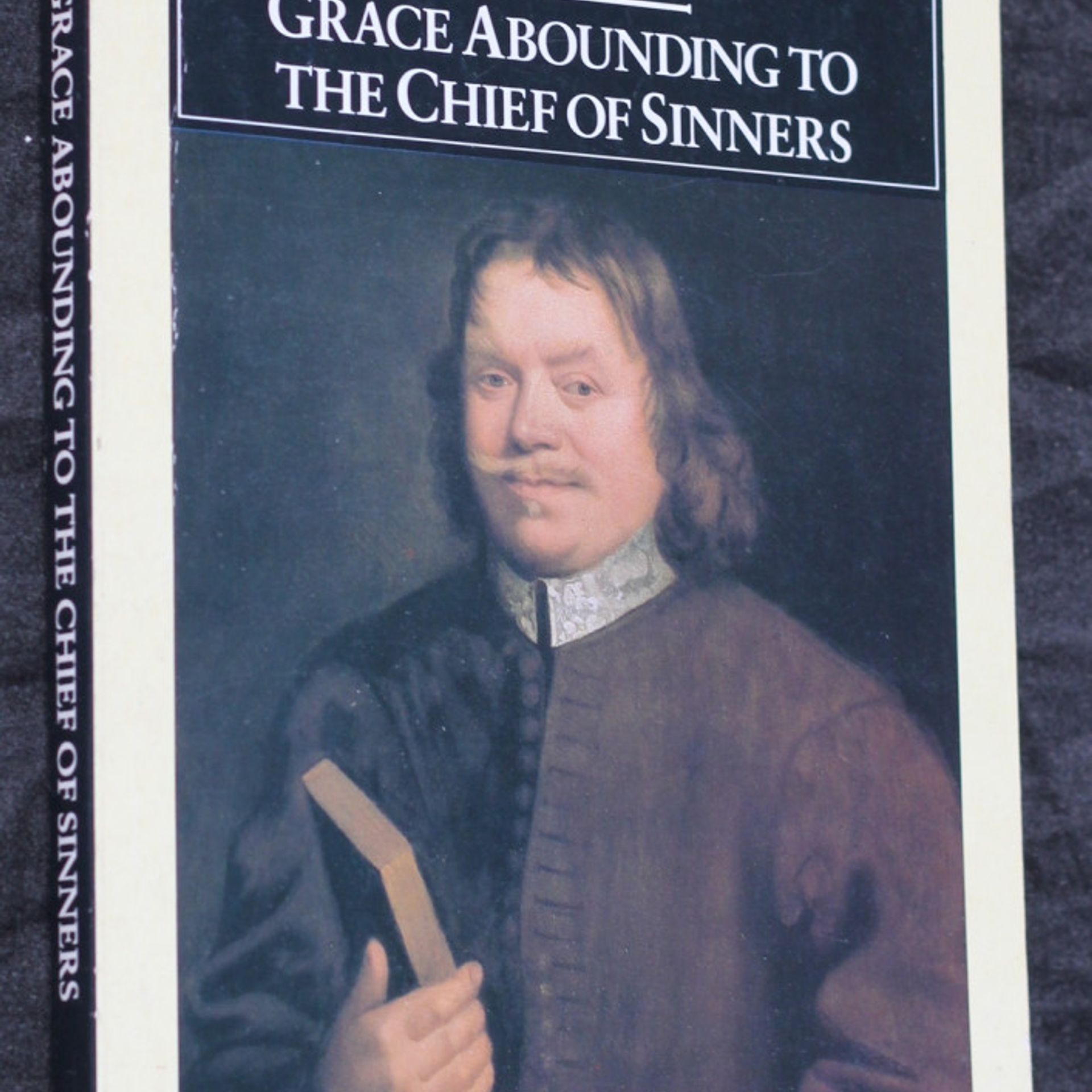The narrative details John Bunyan's spiritual journey during his imprisonment for preaching without a license, reflecting his conversion and deep faith amidst political turmoil in 17th-century England. Set against the backdrop of King Charles II's restoration and subsequent repression of nonconformist Christians, the autobiography offers a personal account of Bunyan's struggles and resilience. It captures the essence of a tumultuous era while providing insights into the author's profound spiritual insights and dedication to his beliefs.
John Bunyan Livres
John Bunyan était un prédicateur et écrivain anglais, réputé pour ses allégories chrétiennes. Son œuvre la plus célèbre est considérée comme un exemple primordial d'allégorie chrétienne publiée, captivant les lecteurs par son profonde récit spirituel. L'écriture de Bunyan se caractérise par son style accessible et sa narration captivante, entraînant le public dans de vives explorations de la foi et de la rédemption. Ses contributions littéraires continuent de résonner, offrant des aperçus intemporels du parcours chrétien.







Prayer
- 216pages
- 8 heures de lecture
Even in today's secular world, scholars continue to be fascinated by the influences behind John Bunyan's famous allegories, The Pilgrim's Progress and The Holy War. In the pages of this book we discover part of the real secret of Bunyan's greatness. He was a man whose life was profoundly God-centred, and consequently he was a man of prayer. Praying in the Spirit, written in 1662 in Bedford gaol (where Bunyan was later to have his immortal dream) expounds what he calls 'the very heart of prayer.' In clear and simple terms he defines what it means to pray with the spirit and with the understanding, deals with difficulties in prayer, and shows how 'the Christian can open his heart to God as a friend.' In The Throne of Grace, Bunyan explains how to approach God's throne in prayer, and gives a rich, practical exposition of the blessings God's people receive from the high priestly ministry of Jesus Christ.
The Resurrection of the Dead, and Eternal Judgment
Or, The Truth of the Resurrection of the Bodies, Both of Good and Bad at the Last Day: Asserted, and Proved by God's Word.
- 172pages
- 7 heures de lecture
Exploring profound spiritual themes, this book delves into the mysteries of divine love and the promises made to those who believe. It emphasizes the transformative power of faith and the unseen blessings awaiting the faithful, drawing inspiration from biblical scripture. Through reflective insights, it invites readers to deepen their understanding of God's plans and the richness of a life devoted to love and spirituality.
The Jerusalem Sinner Saved
- 122pages
- 5 heures de lecture
In his final work, John Bunyan explores the profound theme of divine forgiveness, drawing from his own experiences as a sinner transformed by God's grace. Through compelling narratives, he passionately communicates the message of salvation, illustrating the transformative power of faith. This work serves as a testament to Bunyan's dedication to sharing the hope and redemption available to all, emphasizing the limitless nature of God's mercy.
The holy war: - Made by Shaddai upon Diabolus, for the regaining of the metropolis of the world, or, the losing and taking again of the town of Mansoul. is an unchanged, high-quality reprint of the original edition of 1782. Hansebooks is editor of the literature on different topic areas such as research and science, travel and expeditions, cooking and nutrition, medicine, and other genres. As a publisher we focus on the preservation of historical literature. Many works of historical writers and scientists are available today as antiques only. Hansebooks newly publishes these books and contributes to the preservation of literature which has become rare and historical knowledge for the future.
Dangerous Journey
- 128pages
- 5 heures de lecture
This abridged version of the world-famous, much-loved classic Pilgrim’s Progress has been reissued for a new generation of readers. Oliver Hunkin has carefully selected words from John Bunyan’s original timeless story to present a gripping narrative for children. Journey with Christian from the City of Destruction to the Celestial City, meeting an array of characters that help or hinder him along the way. The narrative includes his wife, Christiana’s story as well. Filled with intricately detailed illustrations that capture the characterisation of Mr Worldly Wiseman, Faithful, the Giant and many others, and the atmosphere of places such as the Slough of Despond, Palace Beautiful and the Valley of the Shadow of Death, this stunning, large-format book makes an ideal gift for a special occasion such as birthday, confirmation or first communion.
Life and Death Of Mr. Badman
- 134pages
- 5 heures de lecture
The narrative follows Mr. Badman, whose relentless wickedness leads to his moral decay and spiritual ruin. Through vivid storytelling, Bunyan emphasizes the consequences of vice and the necessity of virtue. As Mr. Badman's actions result in inevitable divine justice, the tale serves as a cautionary reminder of the importance of repentance and redemption. With its timeless exploration of good versus evil, this allegorical work remains impactful, resonating with readers on the significance of moral choices in life.
The Life and Death of Mr. Badman
A Readable Modern-Day Version of John Bunyan's The Life and Death of Mr. Badman
- 298pages
- 11 heures de lecture
This edition presents a highly accessible version of a classic tale exploring the moral journey of Mr. Badman, a character representing vice and immorality. Through his life story, the narrative delves into themes of sin, redemption, and the consequences of one's actions. Readers can expect a captivating blend of moral instruction and engaging storytelling, making it an ideal choice for both newcomers and those familiar with the original work.
Of Antichrist, and His Ruin
- 144pages
- 6 heures de lecture
The book critiques sensationalist teachings about the Antichrist that have proliferated in contemporary English-speaking churches, arguing that these distortions have led to a general aversion to the topic. It aims to restore a meaningful, biblical perspective on this crucial doctrine, encouraging readers to engage with the concept in a more authentic and scripturally grounded manner.
Here is John Bunyan's timeless classic, an allegory of man's walk with God. Join Christian and his companions on their journey to the Celestial City, as they pass through many experiences common to us all and travel in triumph with the King.
